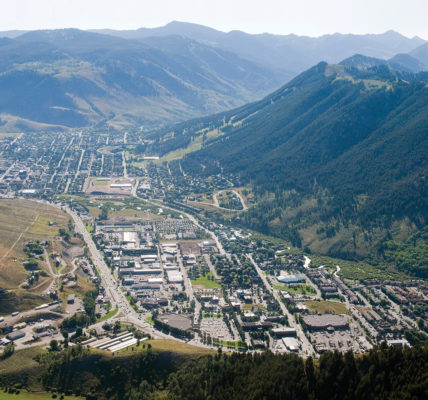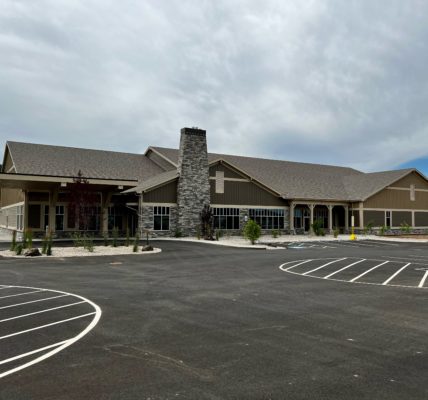By Sarah Elmquist Squires
The Ranger
Via- Wyoming News Exchange
RIVERTON — An oil company that came back from bankruptcy has filed suit against the secretary of the U.S. Department of Interior, Bureau of Land Management leaders and the Northern Arapaho Tribe, arguing it isn’t responsible for plugging 10 wells on the Wind River Reservation.
Pioneer Oil and Gas of Utah first took over a lease for the Northern Sheldon Dome Oil Field in 1990 from the original lessee, Skelly Oil Company.
It operated the 10 wells through 1994, then terminated the lease in 1997; that same year, the company filed for bankruptcy.
As part of its bankruptcy filing, the Northern Arapaho Tribe sought $20,000 in severance taxes and $445,000 for plugging, abandonment and clean-up costs. The tribe eventually withdrew its claim for remediation costs, and the bankruptcy was finalized in 1998.
The next year, 1999, Pioneer came out of bankruptcy and entered into a new lease for the same oil field. As part of that new lease agreement, the tribe and company made an environmental agreement under which Pioneer completed a list of repairs.
According to the lawsuit, the agreement stated that the parties were “not aware of any environmental conditions at the property requiring mitigation action, other than as set forth in [the environmental agreement].”
The new lease stated Pioneer would be responsible for plugging the wells it operated. But the company never actually resumed activity under the new lease, and the agreement was terminated in 2001.
The heart of the lawsuit, filed in federal court earlier this month, is whether the terms of the new lease requiring the company to plug the wells should apply when it didn’t actually resume operations under it.
“In May of 2018 – more than 16 years after termination of the new lease and 21 years after termination of the old lease – the Lander Field Office of the BLM issued the LFO orders requiring Pioneer to submit a notice of intent to plug and abandon the 10 wells operated under the old lease, remove equipment, and reclaim the locations,” the lawsuit states.
Pioneer claims the BLM directive is incorrect because the company’s liability under the old lease was resolved in its bankruptcy agreement.
Pioneer appealed the directive to the state BLM director, which upheld the Lander Field Office’s conclusions about the oil company’s responsibility for the site. It then appealed to the Interior Board of Land Appeals, which also affirmed the BLM directive.
“In the decision under review, the deputy state director found that Pioneer is responsible for plugging and abandoning the 10 wells and reclaiming the lands because Pioneer is the lessee of the second lease, and that it is immaterial that Pioneer conducted no drilling operations under this lease,” the IBLA found. “Because we agree that the terms of this lease and the law on which it is founded place ultimate responsibility for these activities on the lessee, and that such responsibility is not dependent on drilling operations, we affirm the deputy state director’s decision. Given our conclusion on this point, we need not and do not decide whether any liability Pioneer incurred under the first lease was discharged in Pioneer’s bankruptcy.”
The suit contends that the terms of the lease were incorrectly interpreted, and that the government’s directive to clean up the site runs afoul of the Mineral Leasing Act. It asks for the IBLA decision to be vacated, attorney fees to be covered, and “such further relief as the court may deem appropriate.”





